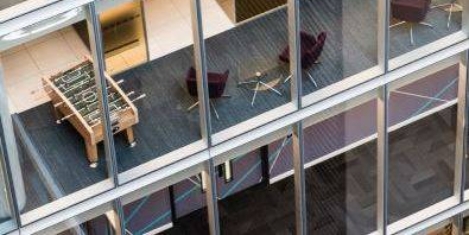May 12, 2015
One third of global workers are finding work-life balance unattainable
 Managing work-life balance has become more difficult for a third of workers over the last five years, with Millennials most affected. After competitive pay and benefits, nearly three quarters of people questioned in a global poll (74%) felt that being able to work flexibly and still be on track for promotion, and working with colleagues who supported flexibly were the most important considerations when choosing a job. In the countries covered in the research from EY, German and Japanese workers find it hardest to create work-life balance. Globally, around half (46%) of managers are working more than 40 hour weeks and four in 10 say their hours have increased over the past five years. Nearly half of Millennials (47%) report an increase in hours compared to 38 percent for Gen X and 28 percent for Boomers.
Managing work-life balance has become more difficult for a third of workers over the last five years, with Millennials most affected. After competitive pay and benefits, nearly three quarters of people questioned in a global poll (74%) felt that being able to work flexibly and still be on track for promotion, and working with colleagues who supported flexibly were the most important considerations when choosing a job. In the countries covered in the research from EY, German and Japanese workers find it hardest to create work-life balance. Globally, around half (46%) of managers are working more than 40 hour weeks and four in 10 say their hours have increased over the past five years. Nearly half of Millennials (47%) report an increase in hours compared to 38 percent for Gen X and 28 percent for Boomers.
































